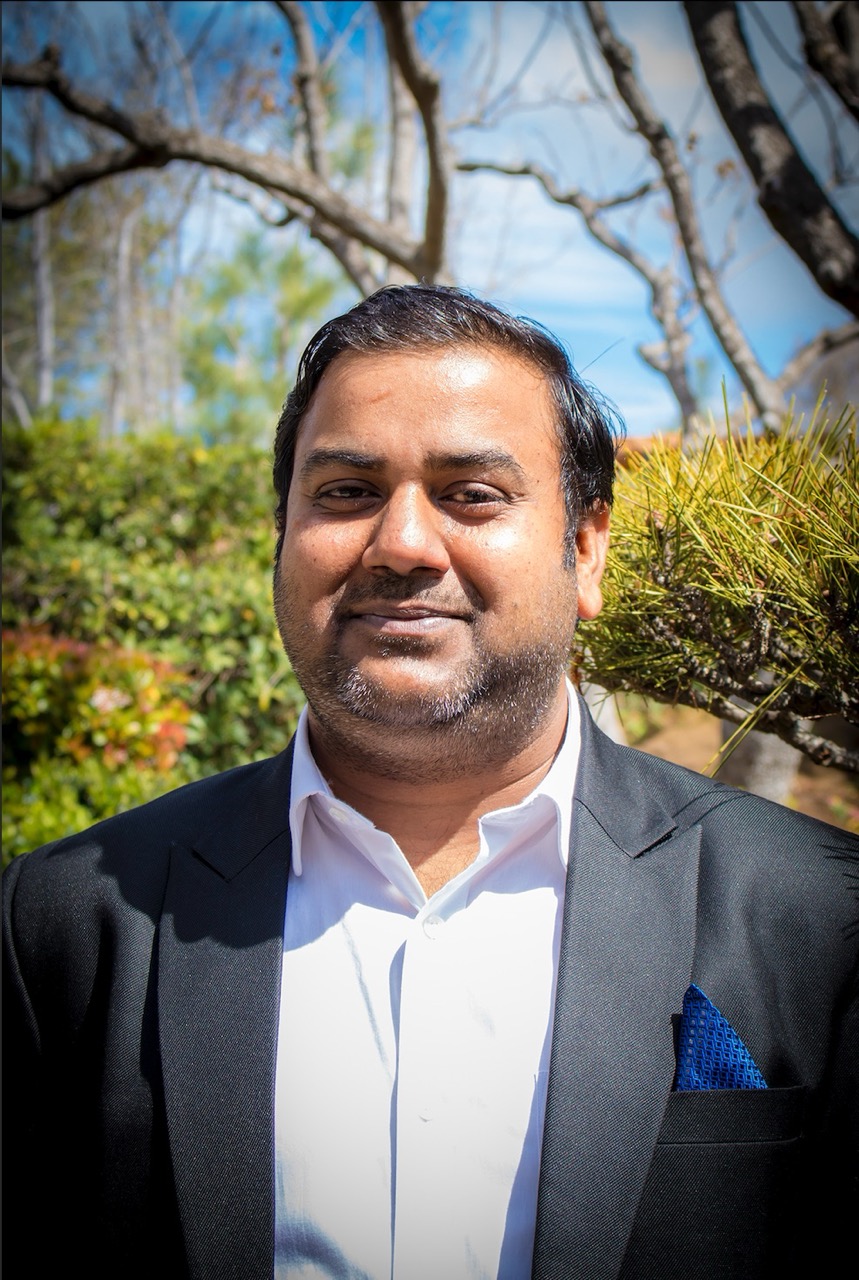Rahul
Verma
- Ph.D. (Political Science), University of California, Berkeley, US
- M.Phil. (Political Science), University of Delhi
- M.A. (Development Studies), Tata Institute of Social Sciences, Mumbai
- B.A., Kirori Mal College, University of Delhi
Areas of Interest
Rahul Verma is an Associate Professor at Shiv Nadar University Chennai. Previously, he taught as a visiting faculty at the Department of Political Science, Ashoka University, Sonipat, Haryana.
He has a PhD in Political Science from the University of California, Berkeley. His doctoral dissertation examines why some political families flourish, and others decline quickly. He completed his MPhil in Political Science from Delhi University, MA in Development Studies from Tata Institute of Social Sciences (TISS), Mumbai, and BA from Kirori Mal College, Delhi University.
Rahul Verma’s research interests include political representation, political parties, public opinion polling and voting behaviour. He is a regular columnist for various news platforms and a TV commentator. He has published papers in several peer-reviewed academic journals. His book co-authored with Pradeep Chhibber, Ideology and Identity: The Changing Party Systems of India (OUP: New York, 2018), develops a new approach to defining the contours of what constitutes an ideology in multi-ethnic countries such as India. He recently co-edited a volume with Sudha Pai & Shyam Babu – Dalits in the New Millennium (CUP: New Delhi, 2023).
Publications
(Co-edited with Sudha Pai and D. Shyam Babu) Dalits in the New Millennium. Cambridge University Press: New Delhi, 2023.
(with Pradeep Chhibber) Ideology and Identity: The Changing Party System of India. Oxford University Press: New York, 2018.
(with Ajinkya Mujumdar) “How do Political Families Reproduce Power: Evidence from Maharashtra, India” Commonwealth and Comparative Politics. 62(4). 2024
(with KC Suri and Subrata Mitra) “India’s 2024 Election: Continuity With Change” Economic and Political Weekly. November 2024.
(with Pawas Pratikshit) “Does Congress Party Performance in 2024 General Election Signal Its Revival?” Economic and Political Weekly. November 2024.
(with Pradeep Chhibber) “Economic Ideology in Indian Politics: Why Do Elite and Mass Politics Differ?” Studies in Indian Politics. 11(2). December 2023.
“The Exaggerated Death of Indian Democracy.” Symposium: Is India Still a Democ- racy? Journal of Democracy. 34(3). July 2023.
(with Adam Auerbach et. al.) “Rethinking India and the Study of Electoral Politics in the Developing World” Perspectives on Politics. 20(1). March 2021.
(with Asim Ali) “India’s Fourth Party System: Modi-dominant or BJP-dominant?” Economic and Political Weekly. 56(10). March 2021.
(with Pradeep Chhibber) “The Rise of Second Dominant Party System in India: The BJP’s New Social Coalition in the 2019 Elections.” Studies in Indian Politics. 7(2). December 2019.
(with Anustubh Agnihotri) “Content Analysis of Digital Text and Its Applications.” Studies in Indian Politics. 7(1). June 2019.
(with Pradeep Chhibber and Susan Ostermann) “The State as Guardian of the Social Order: Conservatism in Indian Political Thought and its Modern Manifestations.” Studies in Indian Politics. 6(1). June 2018.
(with Pranav Gupta) “Facts and Fiction about How Muslims Vote in India: Evidence from Uttar Pradesh”, Economic and Political Weekly. 51(53). December 2016.
(with Anustubh Agnihotri) “Design-based Approach in Social Science Research.” Stud- ies in Indian Politics. 4(2). December 2016.
(with Shreyas Sardesai) “Does Media Exposure Affect Voting Behaviour and Political Preferences in India?”Economic and Political Weekly. 49(39). September 2014.
(with Pradeep Chhibber) “The BJPs 2014 Modi Wave: An Ideological Consolidation of the Right.”Economic and Political Weekly. 49(39). September 2014.
(with Jyoti Mishra, Shreyas Sardesai, and Sanjay Kumar) “Return of the National in Indian Elections: When do National-level Factors Play a Role in Influencing the Outcomes of State Assembly Elections?” Studies in Indian Politics. 2(1). June 2014.
(with Vikas Tripathi) “Making Sense of the House: Explaining Decline of Indian Par- liament amidst Democratization.” Studies in Indian Politics. 1(2). December 2013.
“What Determines Electoral Outcomes in India? Caste, Class, or Voters Satisfaction with Government Performance.” Asian Survey. 52(2). March, 2012.
“Media Exposure, Vote Choice and Polarization in Indian Politics” in Sumit Ganguly and E Sridharan eds Oxford Handbook of Indian Politics. Oxford University Press: London, 2024.
(with Pranav Gupta) “Voting Patterns among the Dalits since 1990s” in Sudha Pai, D Shyam Babu and Rahul Verma eds Dalits in the New Millennium. Cambridge University Press: New Delhi, 2023
“Elections, Exit Polls and Electronic Media” in S. Y. Quraishi eds The Great March of Democracy: Seven Decades of India’s Elections. Penguin: New Delhi, 2019.
(with Sanjay Kumar) “The Implications of the 2014 Elections: Is BJP the New Congress?” in Ashutosh Kumar and Yatindra Sisodia eds How India Votes: A State-by-State Look. Orient BlackSwan: New Delhi, 2019.
“Local Governance: A symposium evaluating 30 years of the 73rd and 74th constitutional amendments” (March 2023)
(with Rohit Chandra) “A Delicate Balance: A symposium on untangling business-state relations in India” (October 2020)
“How India Voted: A symposium on the 2019 General Elections”(August 2019)
(with Suhas Palshikar) “New India: A symposium on electoral dominance of the BJP” (November 2017)
“Measuring Democracy: A symposium on election polling in India and beyond” (August 2016).
– The Governance and Local Development Institute, University of Gothenburg 2023-24
– The Hanns Seidel Foundation 2022-23
– The Rosa Luxemburg Foundation 2020-21
– Global Religion Research Initiative, University of Notre Dame 2018-19
– Azim Premji Research Foundation, India 2015-17
– John L. Simpson Memorial Research Fellowship, UC Berkeley 2014-15



